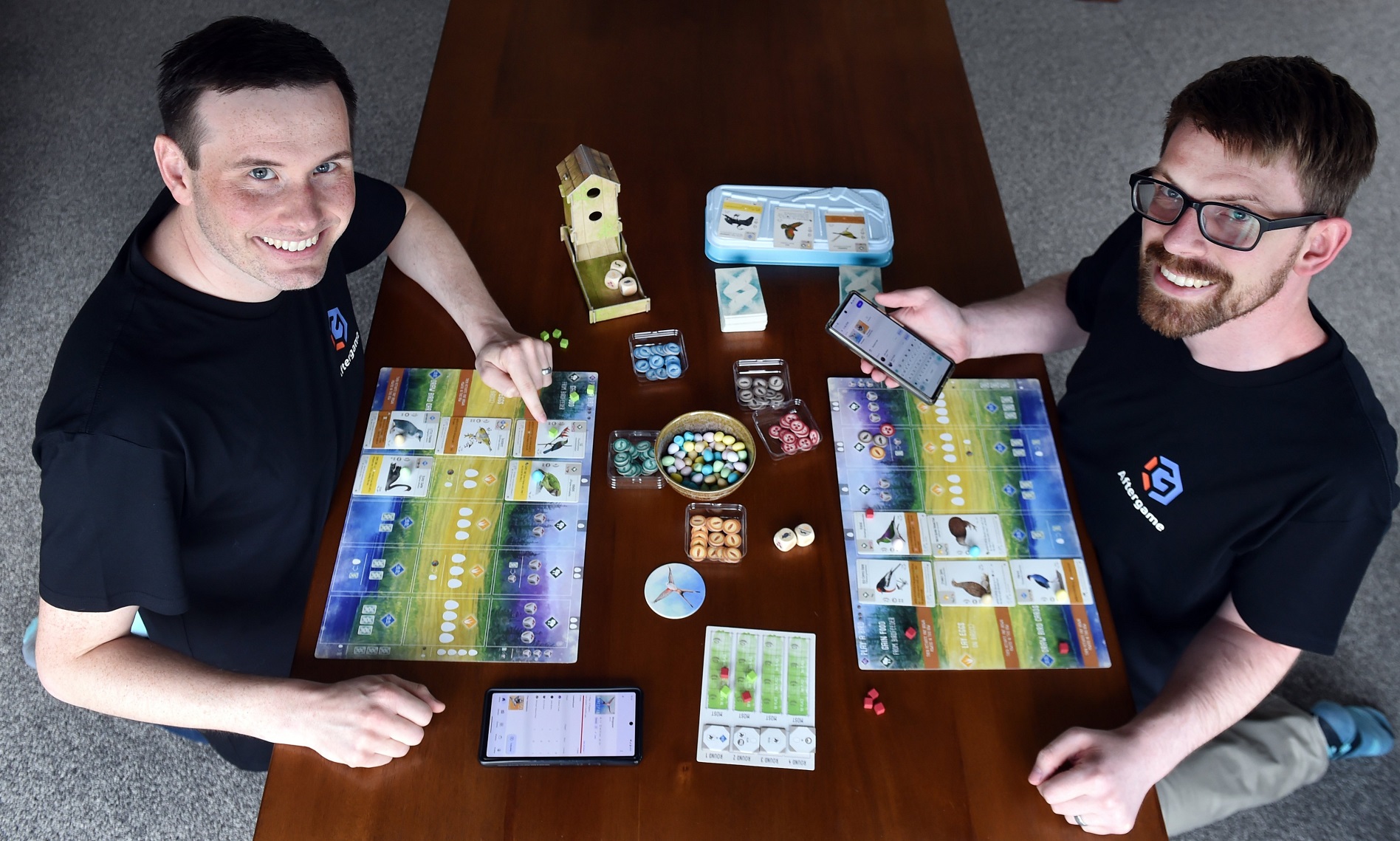
Midway through last year, John Brent and Eric Poulin decided to start recording the games they played. Their first instinct was a spreadsheet but it had to be easy to enter results.
At first it was simple; choosing a winner and keeping a tally. But that quickly got more complex as they added more things to track. They quickly realised there was potential for an app.
Partnering with co-founder Eli Labes and then Chalene Scott, the team then started talking to game players and building what would become Aftergame.
Mr Poulin, who is the startup’s chief executive, said the app initially started as a side-project but he was now working full-time on it.
They realised that as well as putting in results, it would also allow an understanding of the types of games people were playing and provide information for game publishers as there was no way of tracking how often a physical product was played after it was sold.
In June, the Aftergame team attended Wellycon, New Zealand’s largest board game convention where they met others in the industry, as well as Ms Scott who was well-embedded in the board gaming community.
One of the issues was enthusiasts wanting to play a particular game but not necessarily finding people also wanting to play the same game so Aftergame could act like a "Tinder for board games", particularly working well in the likes of cafes and at game conventions.
Board gaming had gone well beyond the realms of the likes of Monopoly and Risk and there were so many board games available. What he described as a "bit of a renaissance", it started around the time of the Covid-19 pandemic.
Sales globally were going up about 13% year-on-year while the range of board games being published every year was about 5000. One person had 800 board games recorded on their app.
People had been so connected to devices, they were keen to actually connect with people and board games were an easy way to do that. People could sit around a table and chat with friends, away from technology, Mr Poulin said.
After moving solely to Aftergame in September, Mr Poulin said he had little actual time to play. He knew that because he tracked his games on Aftergame and he had not played a game in three weeks.












